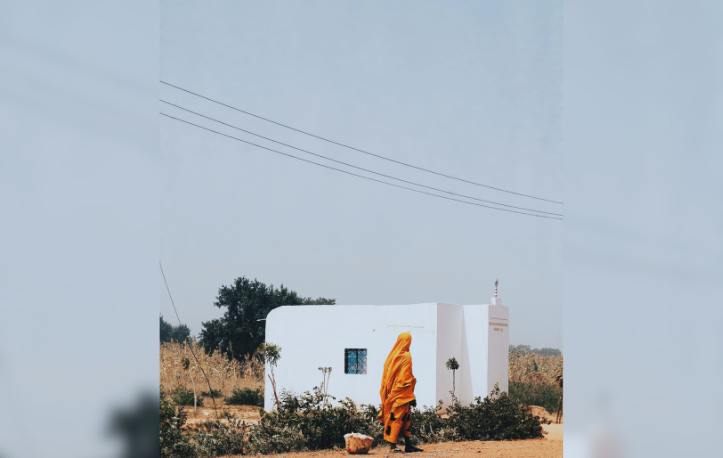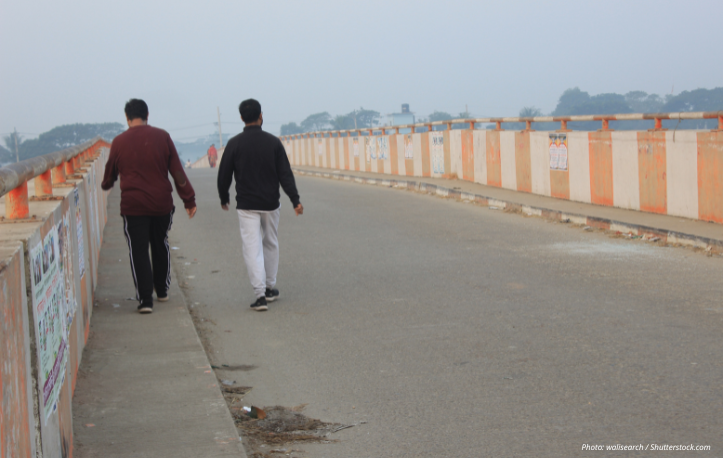The North Indian state of Rajasthan is considering an anti-conversion law to prevent fraudulent and forceful religious conversions.
If implemented, Rajasthan could become the 11th of 28 Indian states to have enacted an anti-conversion law. Other states that have the law include Arunachal Pradesh, Chhattisgarh, Gujarat, Haryana, Himachal Pradesh, Jharkhand, Madhya Pradesh, Odisha, Uttarakhand, and Uttar Pradesh. Of these, Madhya Pradesh and Odisha are among the earliest to have passed such legislation. Their anti-conversion laws date back to the 1960s.
Rajasthan informed the Supreme Court that it is in the process of proposing a law against religious conversions soon but that in doing so, it would strictly abide by any related laws on the subject passed by the Supreme Court.
Rajasthan submitted this response in an affidavit filed in response to a 2022 public interest litigation seeking directions to the central and state governments to take “stringent steps to control fraudulent religious conversion and religious conversion by intimidation, threatening, deceivingly luring through gifts and monetary benefits.”
Many state governments led by the Hindu nationalist Bharatiya Janata Party (BJP) have enacted laws that they say check religious conversions, mostly from other faiths to Christianity, by forced or fraudulent means.
Most anti-conversion laws target Christian missionaries and churches that attract people who want to convert from other faiths due to personal convictions or miracles and healings, which can happen after they believe in Jesus Christ.
Right-wing fanatical groups and other anti-Christian organisations that claim these conversions are false or forced put pressure on governments to enact anti-conversion laws in states that do not yet have them.
Recently, the Karnataka government, now headed by the moderate Indian National Congress, rolled back an anti-conversion law enacted by the state’s previous BJP government.















Submit a Prayer